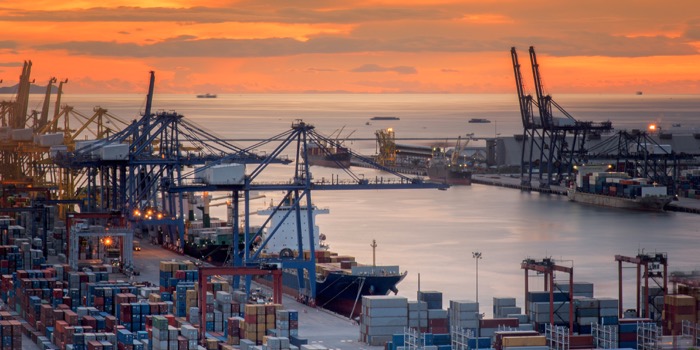BPA announces ‘a major review’ of port transport and infrastructure connectivity
The British Ports Association (BPA) has launched a major new review of UK port connectivity. It said this work will highlight to Government and local authorities where post-coronavirus investment in infrastructure can be concentrated in order to maximise economic growth and speed up the recovery.
The review will look at infrastructure outside of ports such as road and rail links, but also broadening out to assess energy and digital capabilities.
As part of this the BPA is inviting ports to submit an inventory of required external improvements to connectivity infrastructure. This will be used to examine the progress made since the Department for Transport’s English Port Connectivity Study two years ago; broadening this out to all ports around the UK, as well as looking at digital connectivity, energy capacity, in addition to transport needs.
The BPA said: “COVID-19 has demonstrated the resilience of the UK supply chain – as ports worked efficiently through the pandemic and kept the nation supplied, despite the economic downturn taking a toll on the sector, as it did with many others. However, now more than ever, it is critical to consider where government investment can be targeted to unlock growth and provide a boost to the economy. The BPA will be laying out the inventory of works before government to show how we can build a Britain stronger than ever before.”
UK ports are commercially managed, operating strategically and financially independent of Government. With very few exceptions, UK port infrastructure investments are privately financed; investments are market-led and £1.7bn is currently in the pipeline around the UK. Ports ask for very little from the Government but do rely on public investment in external infrastructure to stay competitive.
Phoebe Warneford-Thomson, Policy and Economic Analyst at the BPA, who is leading the review, said: “At a time when the Government needs to stimulate significant growth to rebuild from the economic crisis, the decision to invest in infrastructure is straight forward. Infrastructure investment of 1% of GDP has a multiplier effect which can lead to an increase of 2.6% in GDP over four years.”
Studies have shown that if the UK fails to bring infrastructure up to the standard of other developed economies, this could create an annual loss to the economy of £90 billion by 2026; so, in reality, the UK cannot afford not to invest in infrastructure.
She added: “The BPA has previously welcomed the government’s ‘levelling-up’ agenda, but now we ask that they consider how to bring ports into this, especially given their economic significance in coastal communities.”
The BPA is inviting ports to send it an inventory of required public infrastructure improvements and upgrades, so it can highlight to the Government where investment should be focused. These upgrades can relate to transport and digital connectivity, as well as other infrastructure requirements, such as increasing energy capacity in local networks, which will be key to facilitating Britain’s transition to net-zero by 2050.
This exercise is open to all UK ports and terminals and closes on 7 September. Those ports who wish to submit proposals to the Port Connectivity Review can do so by emailing info@britishports.org.uk
For more information visit www.britishports.org.uk
5th August 2020

















